Have you ever caught your cat staring blankly at you, eyes half-closed, tail twitching with what almost looks like… disdain? If you’ve ever wondered whether your beloved feline is secretly yawning at your attempts to entertain, you’re not alone. Many cat owners worry that their furry friends are just barely tolerating their company, hiding their boredom behind those mysterious whiskers. The truth is, boredom in cats is more common than you might think—and it can lead to some surprisingly sassy behaviors. Let’s dive deep into the world of feline feelings and uncover the unmistakable signs that your cat is, well, bored stiff in your presence.
1. Excessive Sleeping Beyond the Norm

Cats are famous for their love of sleep, but if your kitty is snoozing even more than usual, it might be a red flag. Sure, adult cats can sleep up to 16 hours a day, but if you notice your cat barely stirring from their favorite spot, it could signal boredom. Instead of playful bursts or curious explorations, they just doze all day. It’s like they’re pressing the “skip” button on life. Pay attention to how your cat sleeps—are they sleeping through times they’d usually be active? Boredom can sap their energy and interest, making their world feel small and dull. Watching for subtle changes in their sleep patterns will help you spot the difference between healthy catnaps and boredom-induced hibernation.
2. Unusual Destructive Behavior
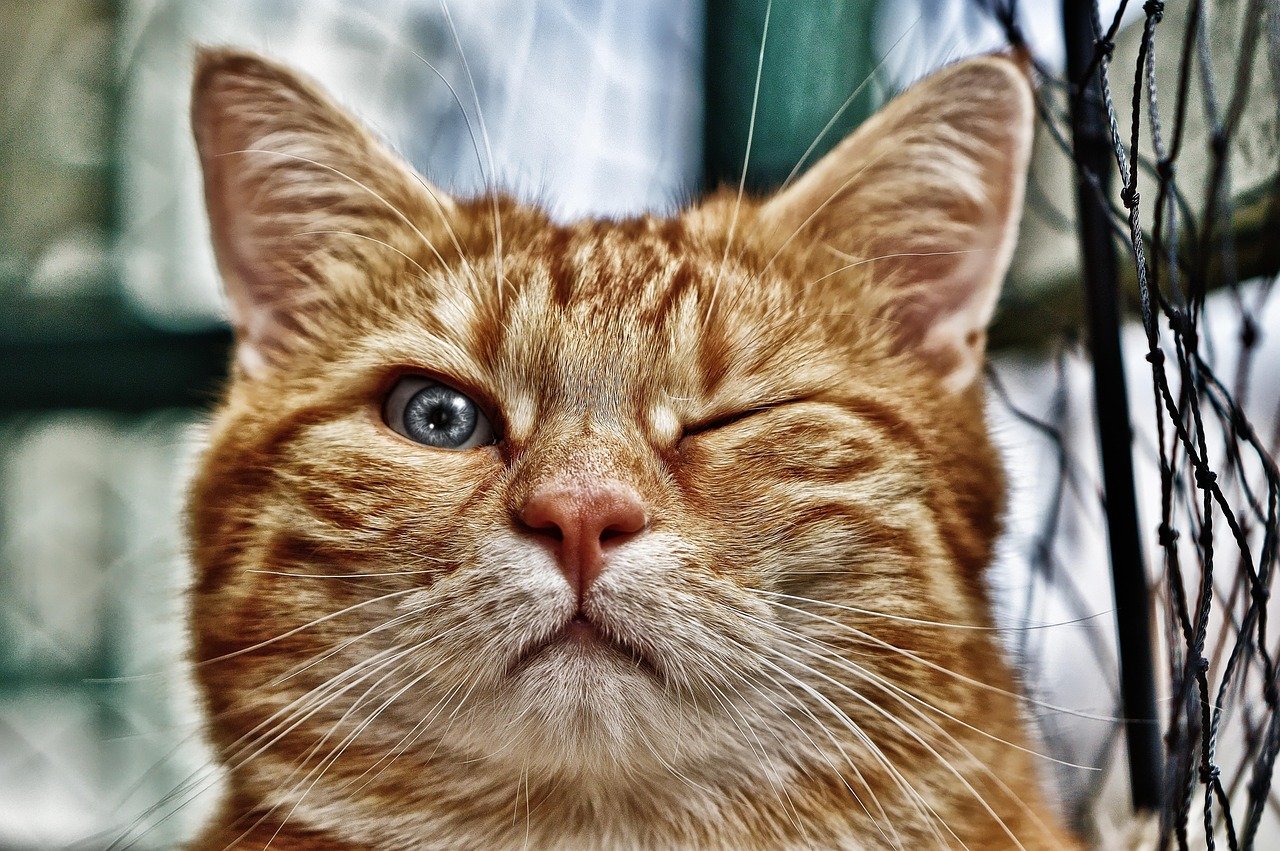
Have you ever found your favorite plant tipped over or the toilet paper shredded into confetti? Destructive antics often scream, “I’m bored!” When cats don’t get enough stimulation, they look for ways to entertain themselves—even if it means creating a little chaos. You might see them scratching furniture more aggressively or knocking things off shelves just to watch them fall. This isn’t just mischief; it’s a desperate plea for excitement. If your usually well-behaved cat turns into a one-feline demolition crew, it might be time to rethink their daily routine. Give them new toys, puzzles, or even a cardboard box to reignite their spark.
3. Over-Grooming or Fur Chewing

A bored cat might start obsessively licking or chewing at their own fur. While grooming is normal, overdoing it can lead to bald patches or irritated skin. It’s like humans biting their nails out of boredom—except with more fluff and potential for hairballs. If you notice your cat spending hours licking the same spot or pulling at their fur, don’t brush it off as just “tidiness.” This repetitive behavior is often a sign they’re searching for something to do. Try introducing new activities or interactive toys to break the cycle and give their busy tongues a much-needed break.
4. Lack of Interest in Playtime
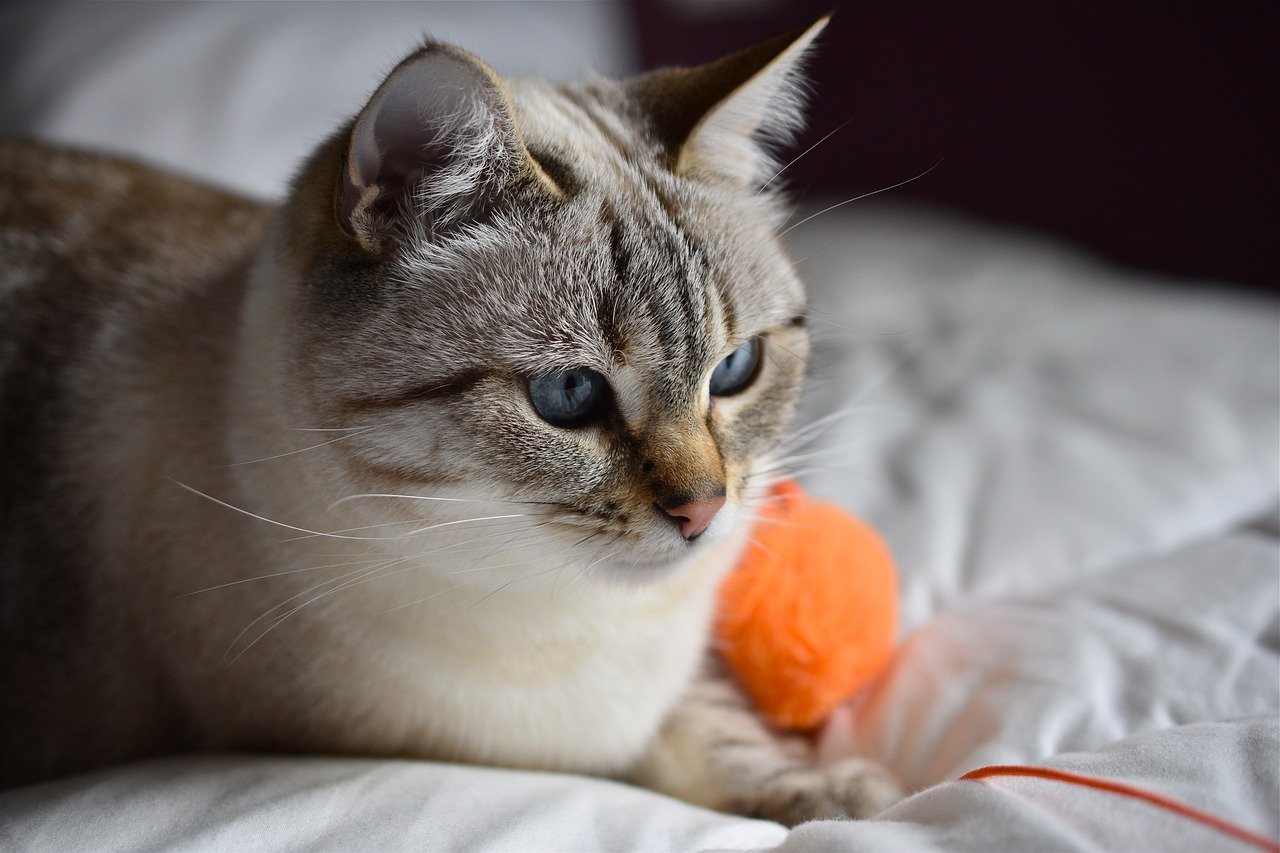
Remember when your cat used to chase after that feather wand like their life depended on it? If those days are gone and your attempts at play are met with indifference, boredom might be the culprit. Cats crave mental and physical stimulation, and when they’re not getting it, they turn away from games that once thrilled them. They might lazily bat at a toy or ignore it altogether, choosing to stare into space instead. This shift in attitude isn’t just laziness—it’s a sign that their environment no longer excites them. Mixing up their toys or trying new games can reignite their curiosity and help them rediscover the joy of play.
5. Obsessive Attention-Seeking
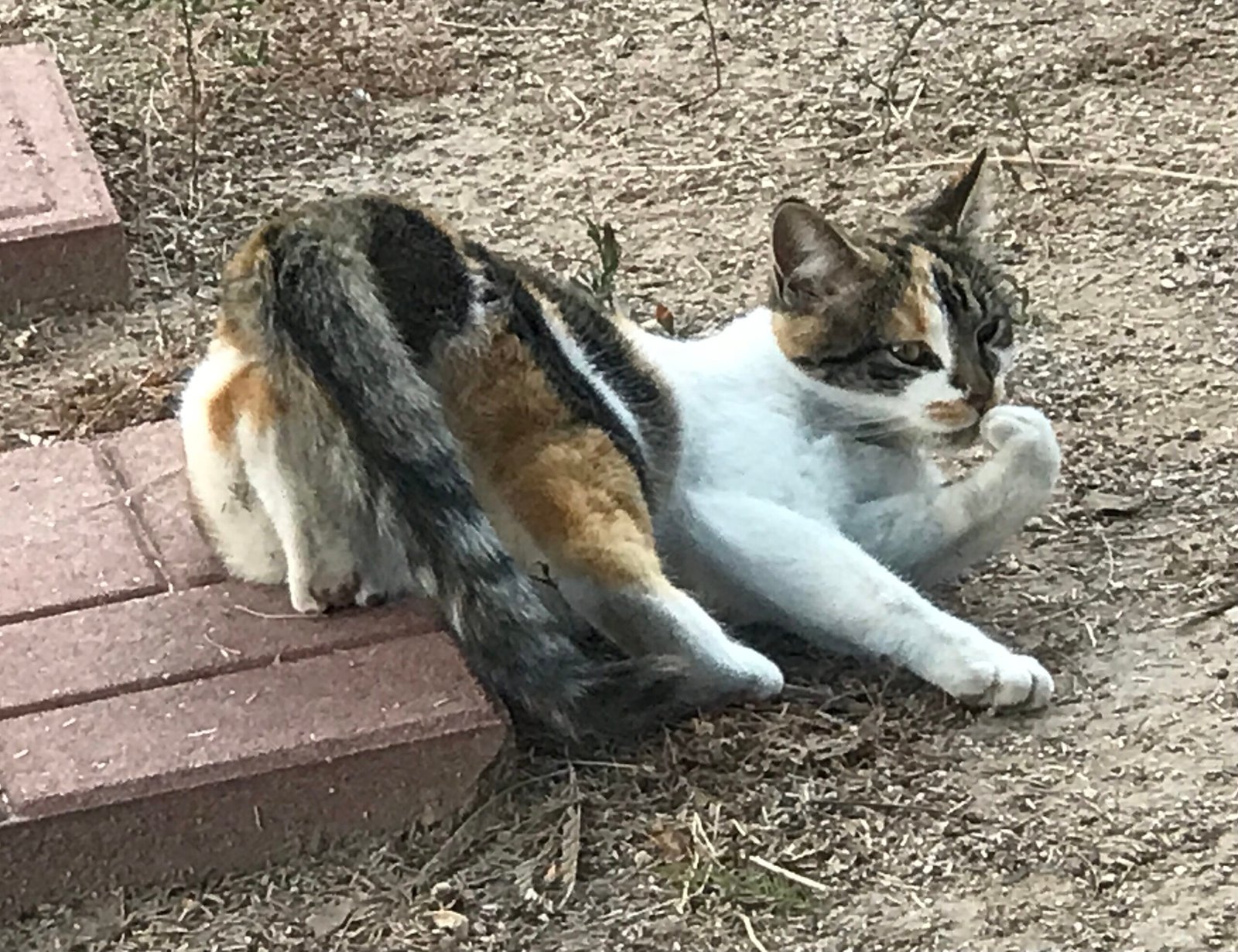
Some cats go the opposite route when they’re bored, demanding your attention at every turn. They might follow you from room to room, meow incessantly, or even plop themselves on your laptop while you’re working. It’s their way of saying, “Hey, I need more from you!” While it’s flattering to be the center of your cat’s universe, this clinginess can quickly become overwhelming. If your cat is suddenly glued to your side, consider whether they’re getting enough stimulation on their own. Sometimes, all it takes is a new scratching post or a window perch to give them a fresh perspective.
6. Sudden Disinterest in Food

Bored cats sometimes lose their appetite, turning up their noses at meals they once devoured. If your cat seems unimpressed by their usual fare and isn’t ill, boredom might be to blame. Eating becomes just another mundane part of their day, rather than a highlight. This lack of enthusiasm for food can be worrying, especially if it leads to weight loss. Before reaching for the phone to call the vet, ask yourself if your cat’s environment is engaging enough. Try offering food puzzles or rotating their diet to make mealtime more exciting and mentally stimulating.
7. Increased Vocalization

A bored cat often becomes more vocal, meowing or yowling for no apparent reason. This chatter isn’t just random noise—it’s a cry for interaction or stimulation. You might hear them more at night or during times when you’re busy. If your cat wasn’t much of a talker before and suddenly won’t stop, they might be telling you they’re bored out of their mind. Sometimes, all it takes is a new game or a few minutes of dedicated play to quiet their complaints and make them feel heard.
8. Repetitive Pacing or Restlessness

Does your cat wander aimlessly around the house, pacing from door to window and back again? This restless behavior is a classic sign of boredom. They’re searching for something—anything—to do. You might see them pausing to look out the window, then moving on as if disappointed. It’s like they’re stuck in a loop, unable to find satisfaction in their surroundings. Providing new perches, window seats, or even bird feeders outside can give them a fresh view and snap them out of their rut.
9. Ignoring You or Withdrawing
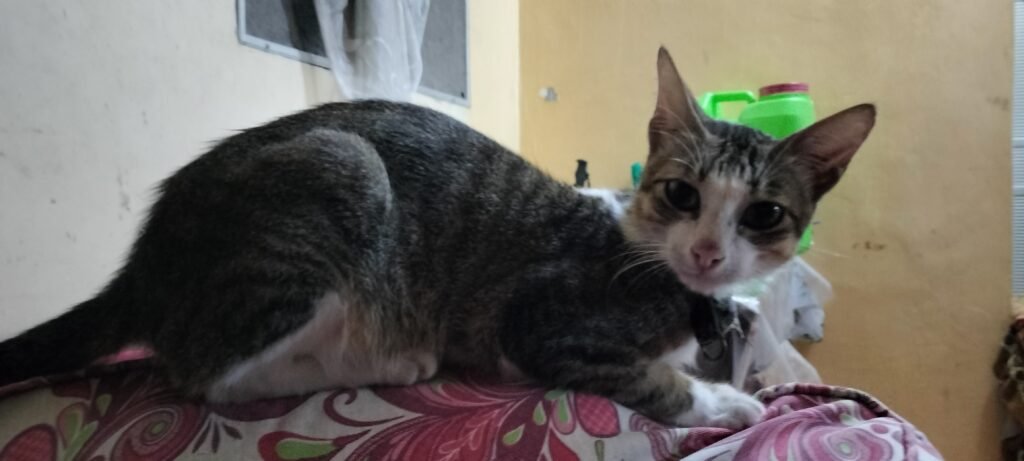
Ironically, some bored cats do the exact opposite of attention-seeking—they withdraw and ignore you. If your once-affectionate cat suddenly acts aloof, hides more often, or shows little interest in your company, boredom could be at play. This emotional distance isn’t personal; it’s a sign they’ve checked out. They may spend more time alone or avoid social interactions altogether. Offering new activities and spending quality time together can help rebuild your bond and bring your cat out of their shell.
10. Overeating or Weight Gain
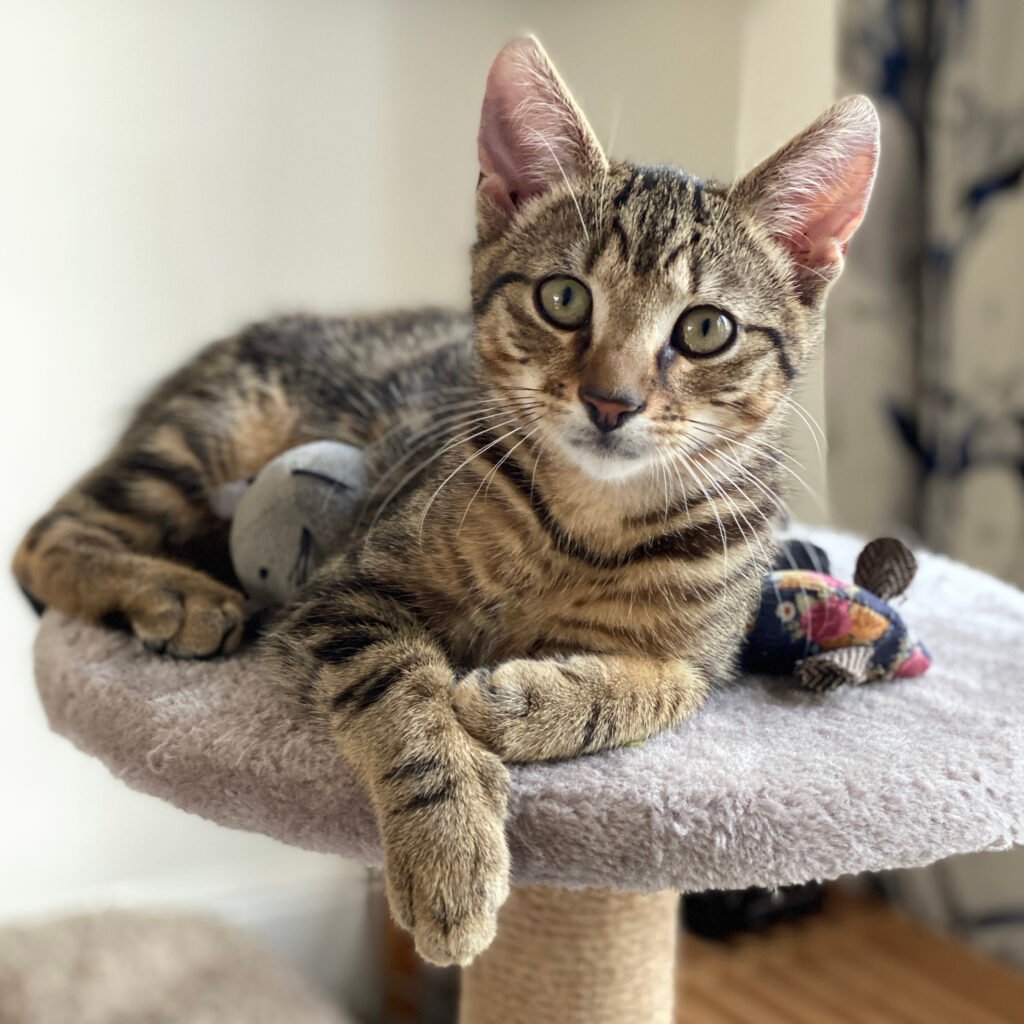
Just like people, some cats eat out of boredom. If you notice your kitty hanging around the food bowl more often and packing on the pounds, boredom might be the reason. Food becomes a replacement for excitement, leading to mindless snacking and unhealthy weight gain. This habit can sneak up on you, so keep an eye on portion sizes and eating frequency. Offering food-dispensing toys or scheduled feeding times can turn mealtime into a fun, stimulating challenge that keeps your cat engaged and healthy.
11. Attacking Ankles or Hands
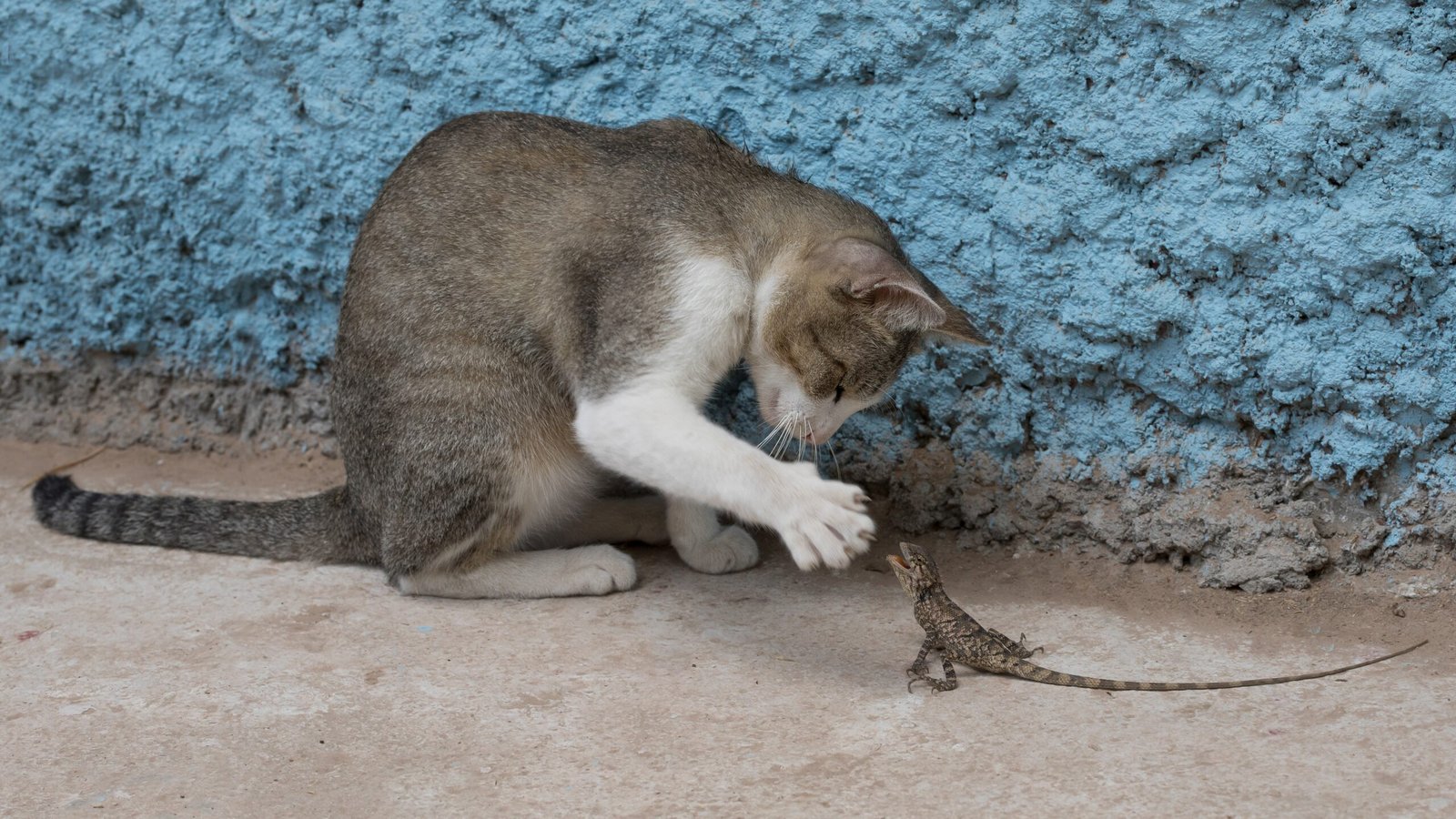
Sudden ambushes on your feet or hands can be a sign your cat is craving more excitement. When bored, cats often look for ways to unleash their pent-up energy—sometimes at your expense! Those surprise ankle attacks or hand pounces aren’t just playfulness; they’re a desperate attempt to spice up their day. Redirect this energy with interactive toys or scheduled play sessions, so they can satisfy their hunting instincts in a safer, less painful way.
12. Obsessing Over Windows or Doors
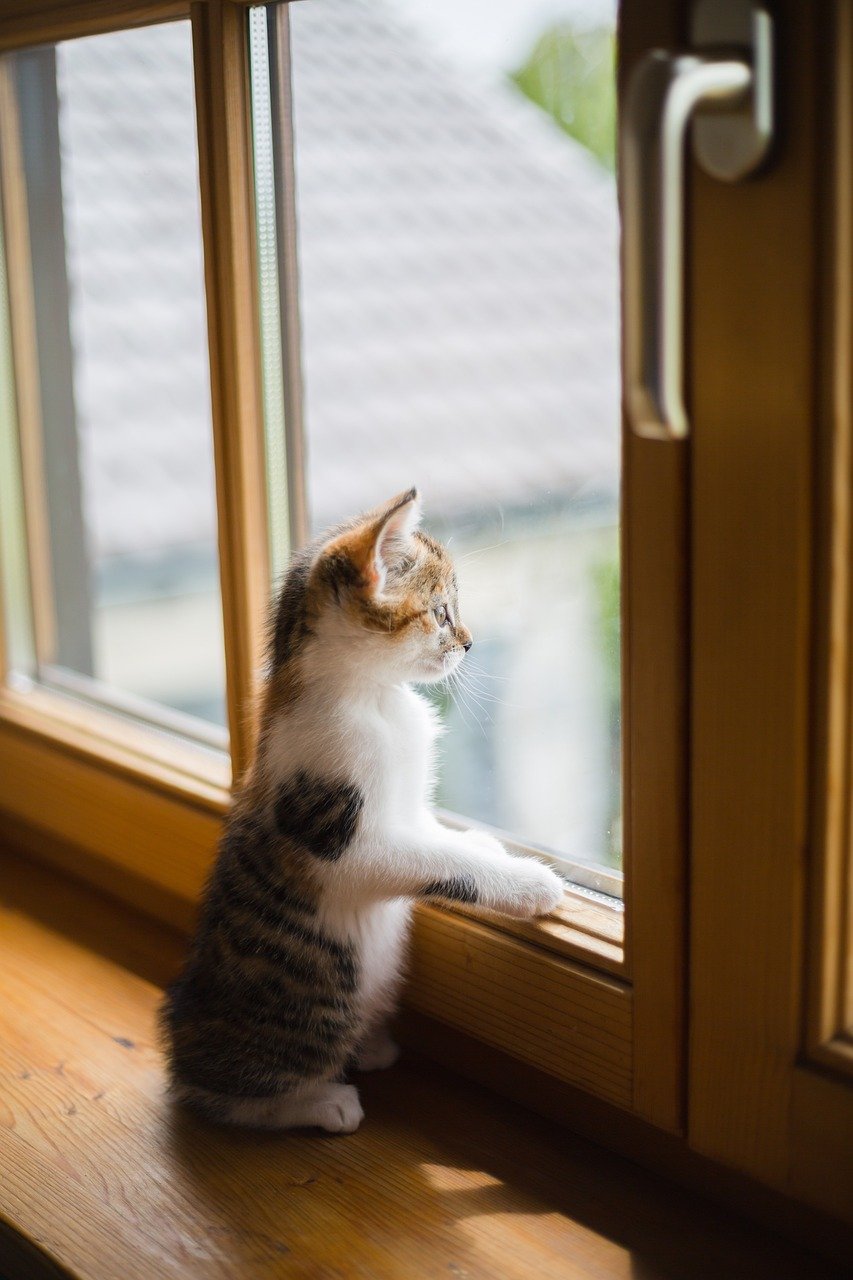
Does your cat spend hours staring at the door or windows, as if plotting an escape? This fixation often points to boredom. Cats are curious by nature, and a lack of stimulation indoors can make the outside world seem irresistible. You might notice them pawing at the glass, chirping at birds, or trying to sneak out whenever you open the door. Creating an enriching indoor environment with climbing trees, bird-watching stations, or even safe outdoor enclosures can help satisfy their craving for novelty.
13. Ignoring New Toys Quickly
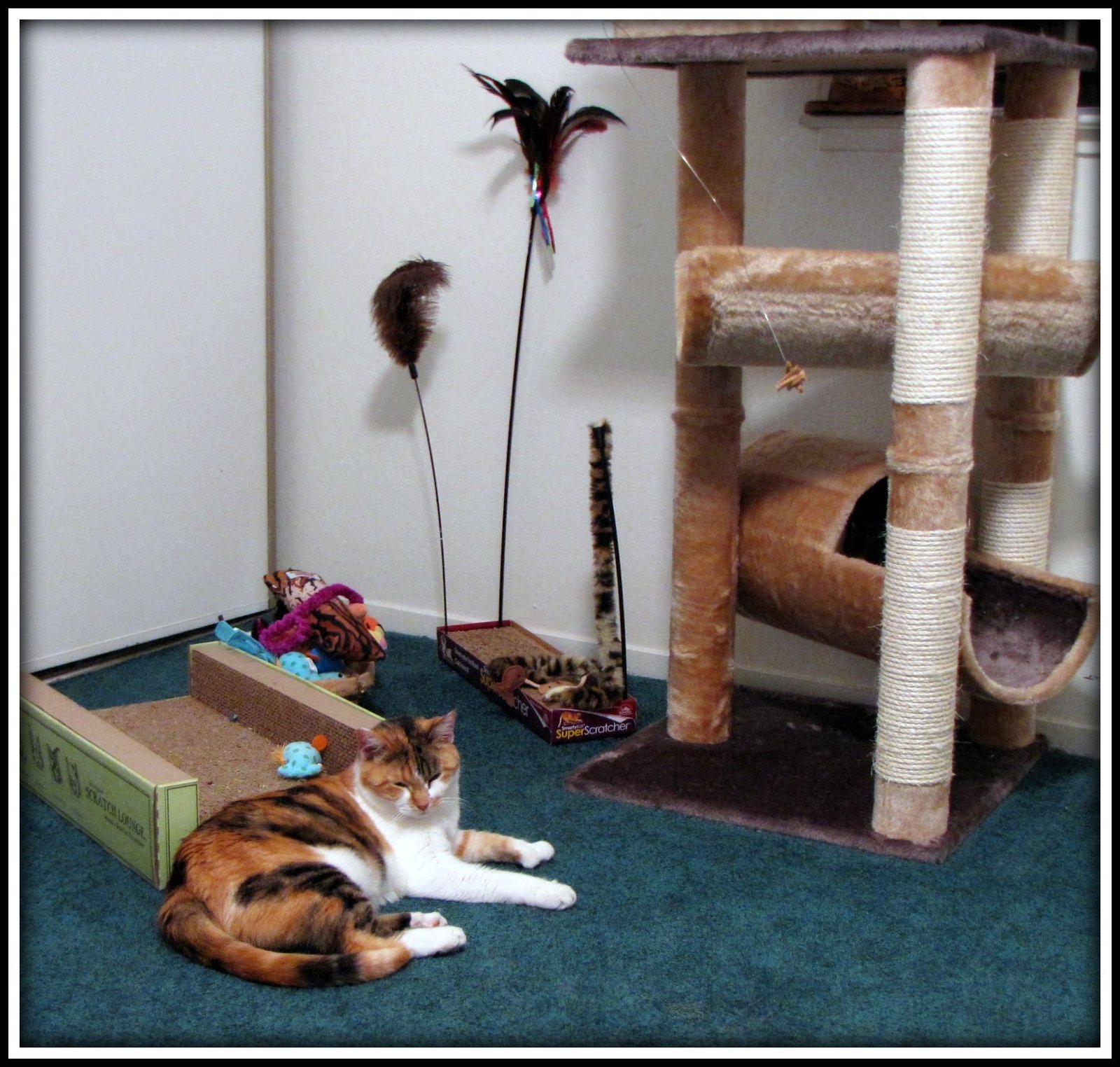
It’s disheartening to buy a new toy only to have your cat ignore it after a few minutes. If this happens often, it’s a sign they’re not being mentally challenged. Bored cats lose interest quickly because the novelty wears off fast. They crave variety and stimulation, not just a pile of unused toys. Rotate their toys regularly and try different types—like puzzle feeders or interactive lasers—to keep things fresh and interesting.
14. Unusual Litter Box Habits
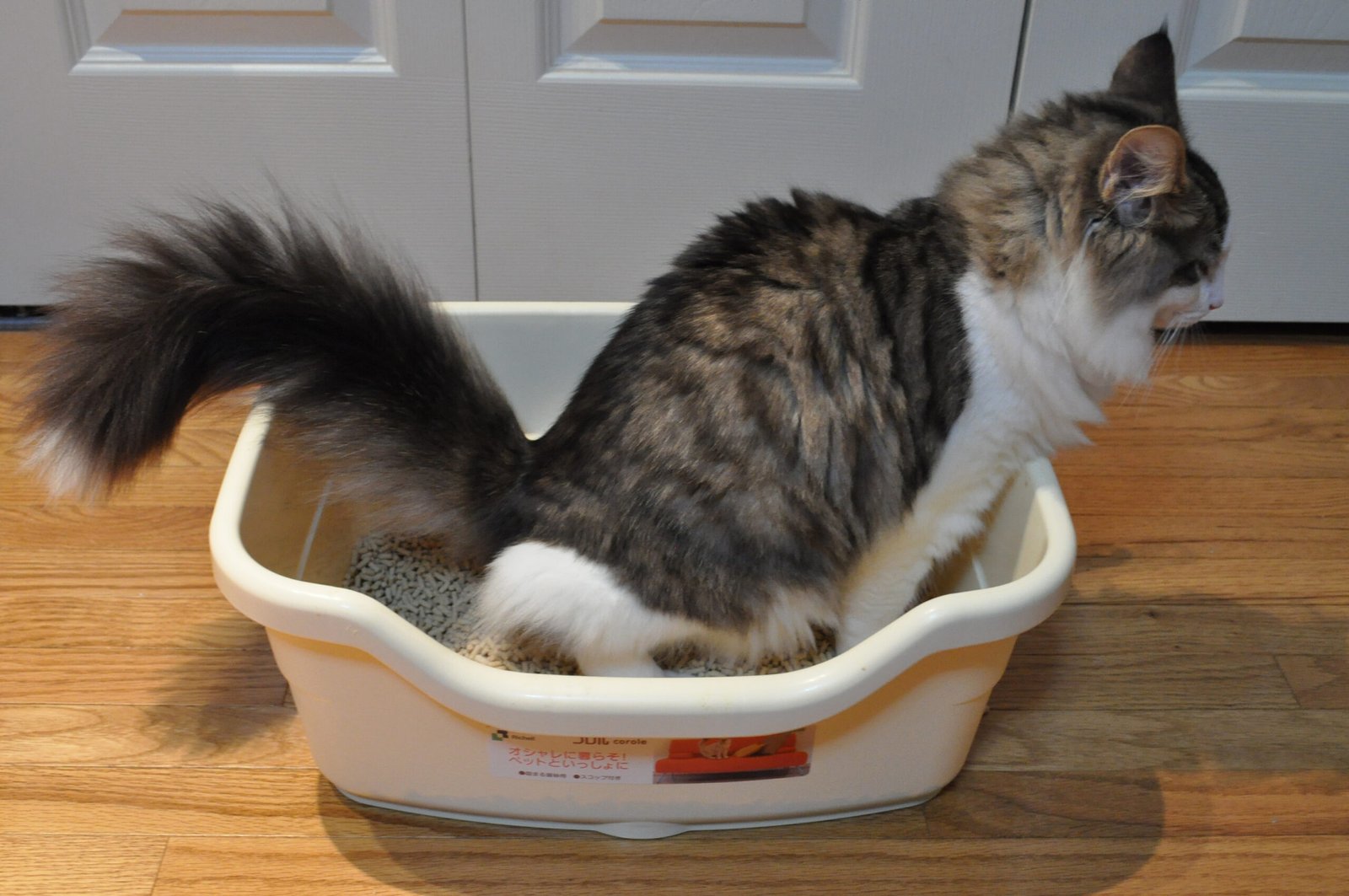
Changes in litter box behavior can sometimes be traced back to boredom. A cat who starts missing the box or using it less often might be expressing their dissatisfaction with their environment. While medical issues are always a possibility, don’t overlook the emotional side of things. A bored cat might act out in subtle ways, including changes to their bathroom routine. Ensuring they have plenty of stimulation and regular interaction can help normalize their habits.
15. Watching You Without Engaging
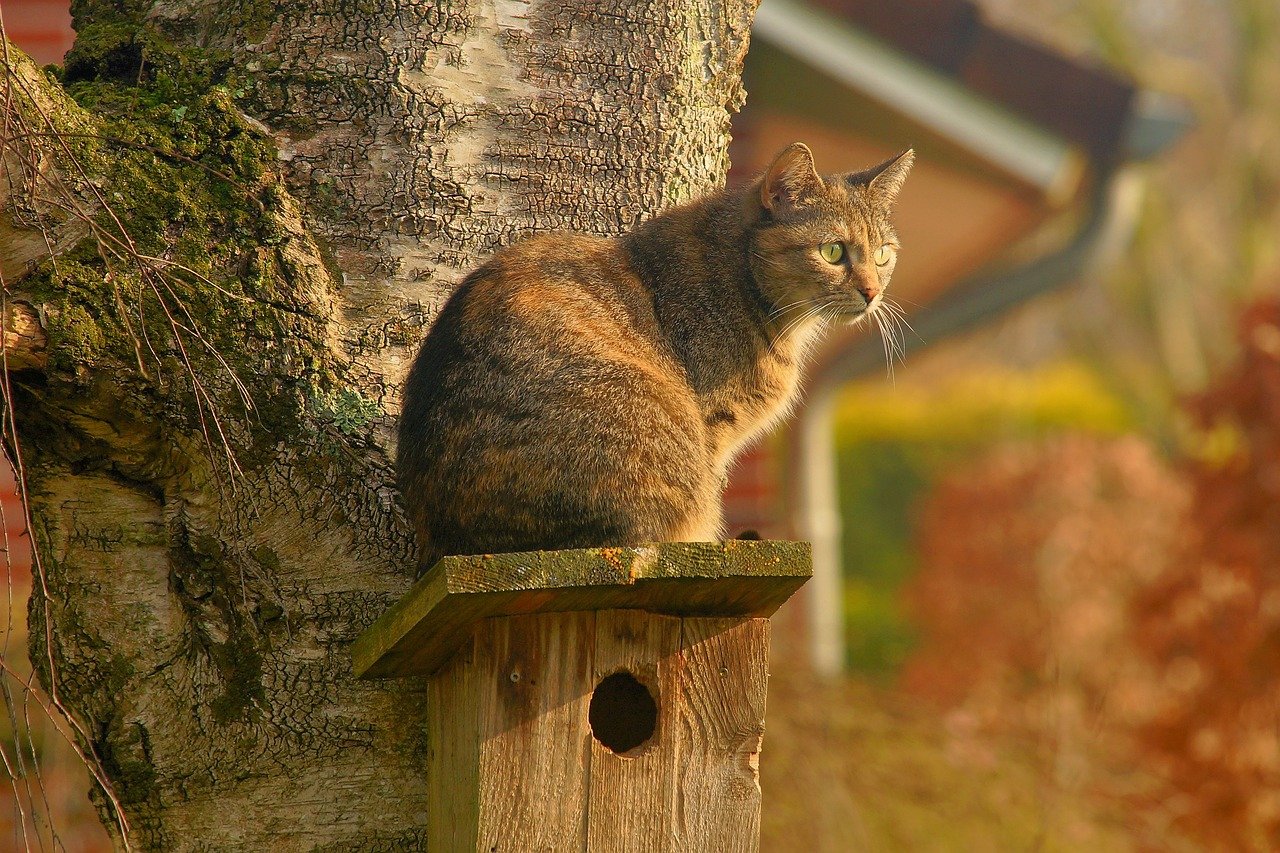
Ever feel like you’re being watched, only to turn around and see your cat staring at you with a blank expression? If they’re observing you but not joining in on activities, it could be a sign of boredom. It’s as if they’re waiting for something interesting to happen, but don’t believe it will. This passive behavior can be easy to miss, but it’s a clear indication that your cat isn’t fulfilled. Inviting them to participate in games or new experiences can help bridge the gap.
16. Sudden Interest in Odd Objects
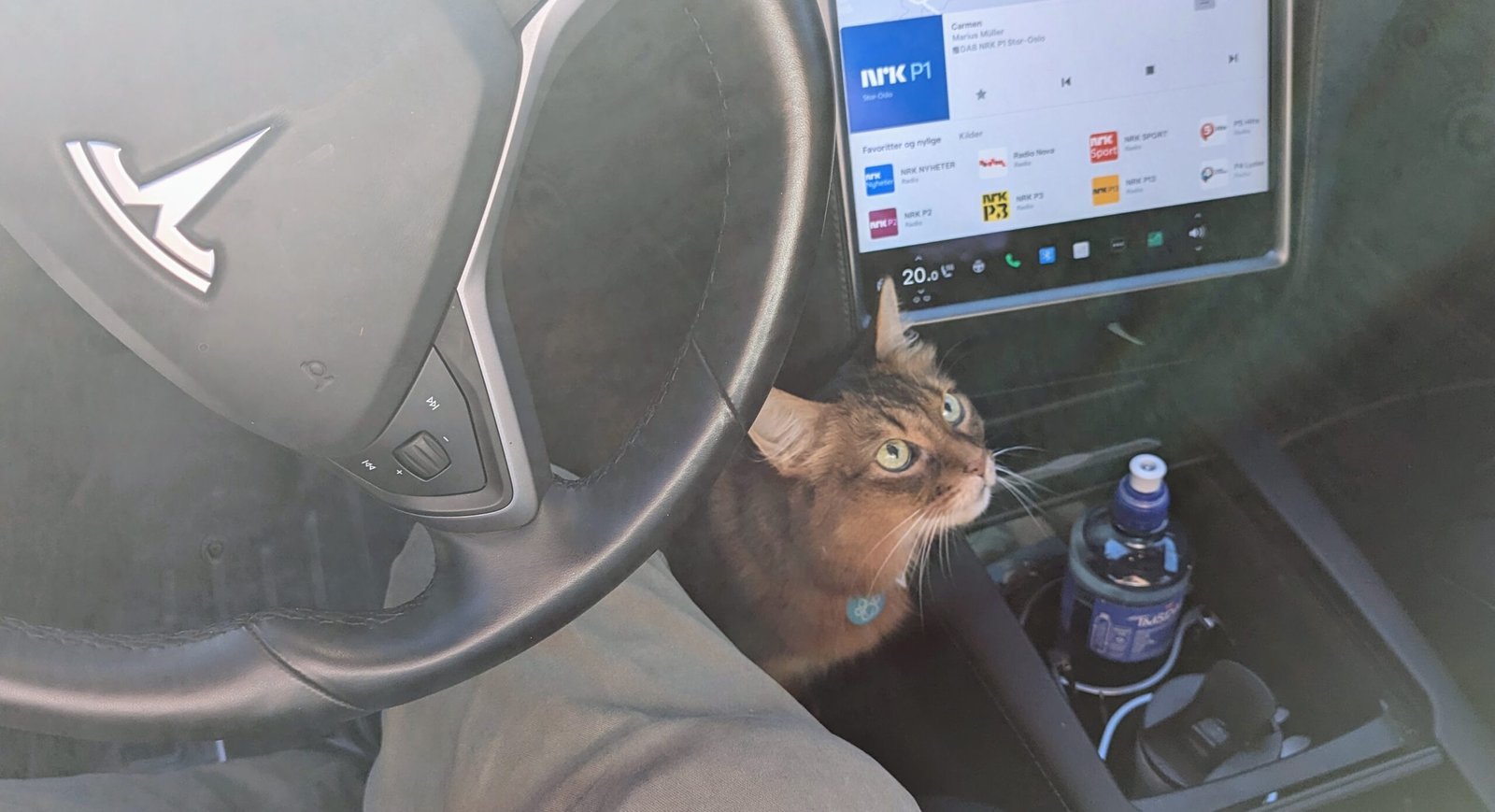
When cats are bored, even the most mundane item can become a fascinating toy. You might find your cat batting around a pen, chewing on plastic, or investigating objects they previously ignored. While this can be amusing, it’s also a sign they’re looking for stimulation wherever they can find it. Make sure hazardous items are out of reach and provide safe alternatives to channel their curiosity.
17. Becoming Startled or Easily Annoyed
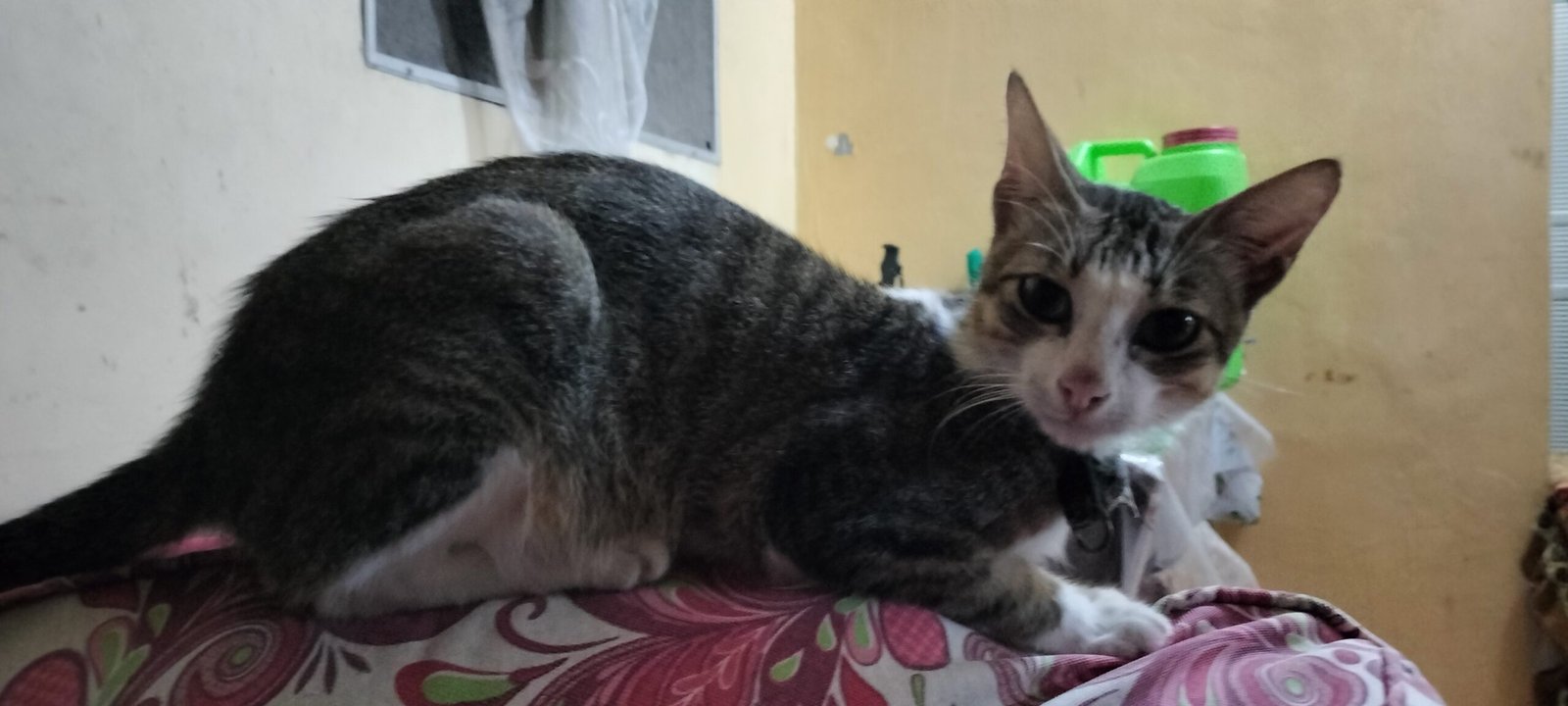
A bored cat may become more irritable, reacting sharply to noises or sudden movements. Their patience wears thin, making them more prone to swatting or hissing. This agitation is a sign that their emotional needs aren’t being met. Just like people, cats can get cranky when they’re understimulated. Giving them more outlets for play and exploration can help them relax and feel more content.
18. Ignoring Cat Trees or Climbing Spots
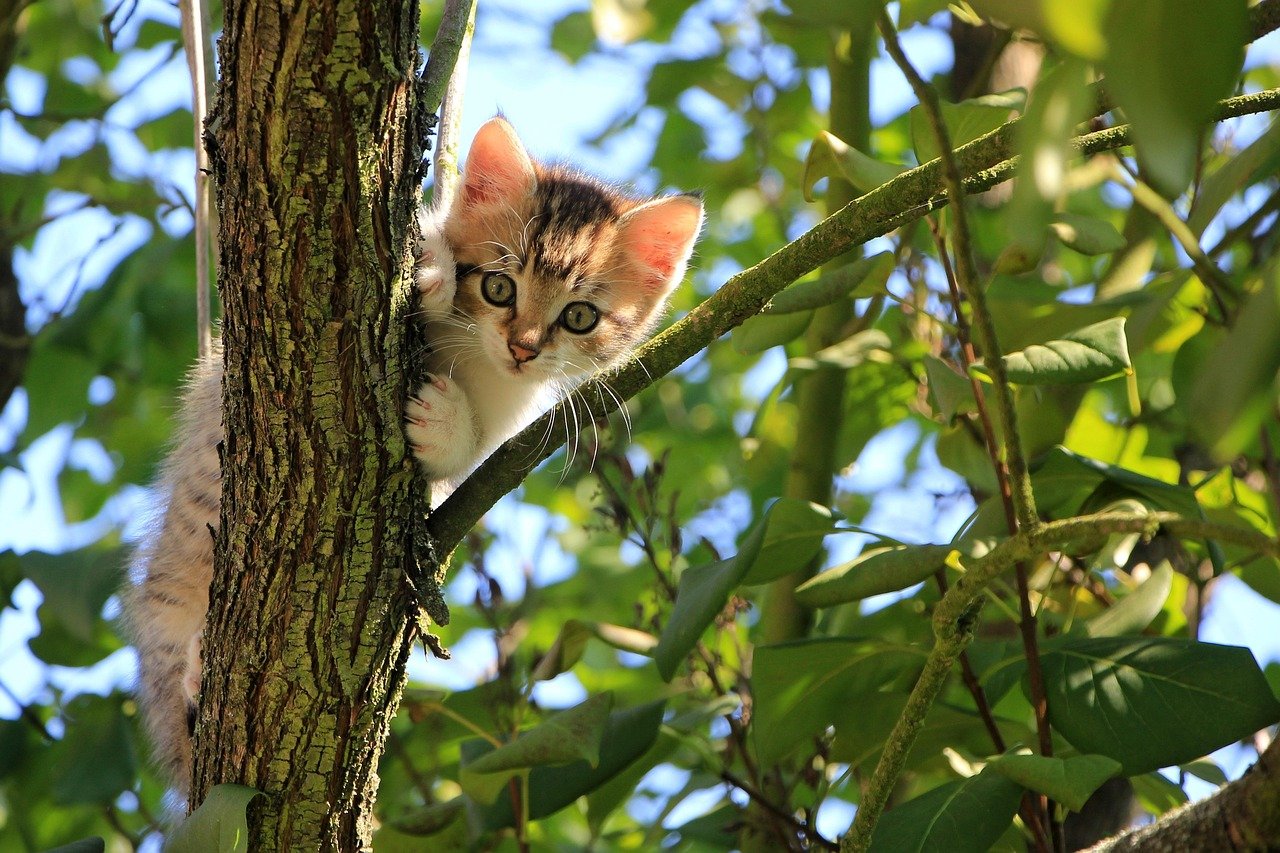
If your cat has lost interest in their once-beloved cat tree or scratching post, boredom could be the culprit. These items are designed to mimic natural behaviors like climbing and scratching, but if your cat isn’t using them, it means their environment isn’t inspiring enough. Try moving the tree to a new location, adding new textures, or incorporating treats to make these spots more appealing again.
19. Changes in Social Dynamics With Other Pets
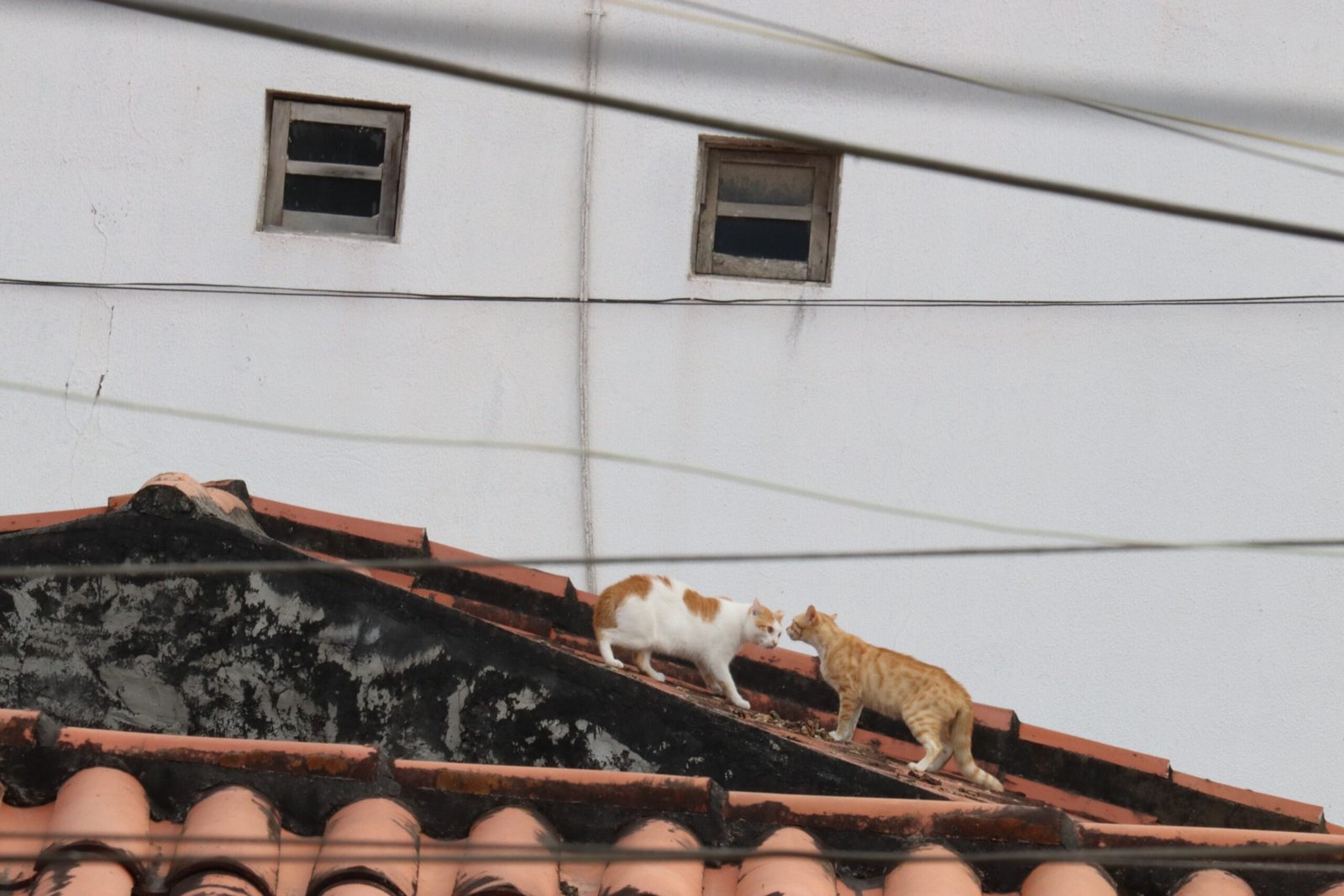
Boredom can shift how your cat interacts with other animals in the home. They might become more aggressive, picking fights out of frustration, or withdraw from play with their furry siblings. These shifts aren’t just personality changes—they’re signs your cat is struggling to find fulfillment. Watching their interactions can clue you into their emotional state and help you intervene before things escalate.
20. Reluctance to Explore New Spaces
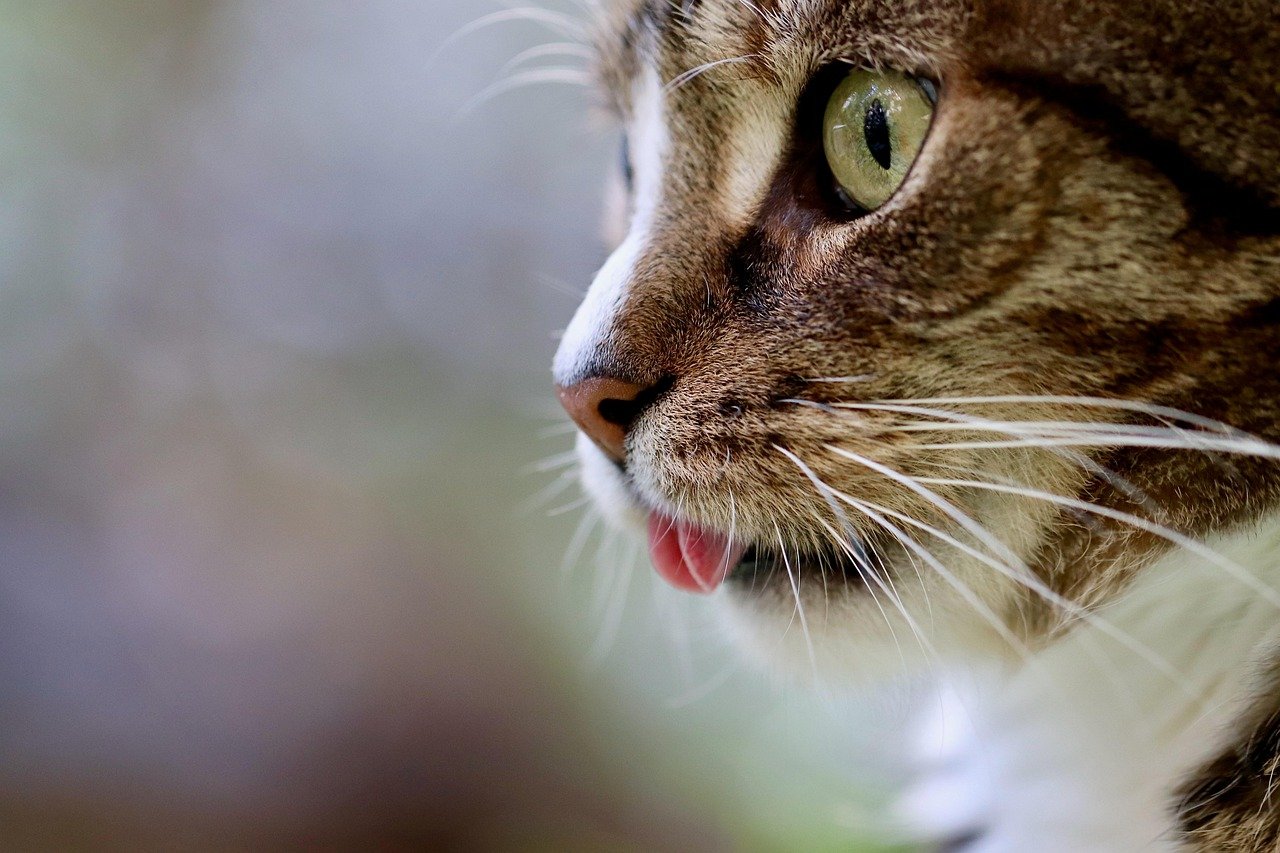
Cats are natural explorers, but a bored cat might show little interest in checking out new rooms or environments. If you open a door or rearrange furniture and your cat barely reacts, it’s a red flag. Their sense of adventure has dulled, replaced by a kind of feline apathy. Encourage exploration by creating safe, interesting spaces with boxes, tunnels, or new scents to reignite their curiosity.
If you recognize any of these signs in your cat, it might be time to shake things up and bring a little more excitement into their world. After all, don’t you want your cat to look at you like you’re the most interesting thing in the room?
Hi, I’m Bola, a passionate writer and creative strategist with a knack for crafting compelling content that educates, inspires, and connects. Over the years, I’ve honed my skills across various writing fields, including content creation, copywriting, online course development, and video scriptwriting.
When I’m not at my desk, you’ll find me exploring new ideas, reading books, or brainstorming creative ways to solve challenges. I believe that words have the power to transform, and I’m here to help you leverage that power for success.
Thanks for stopping by, Keep coming to this website to checkout new articles form me. You’d always love it!






